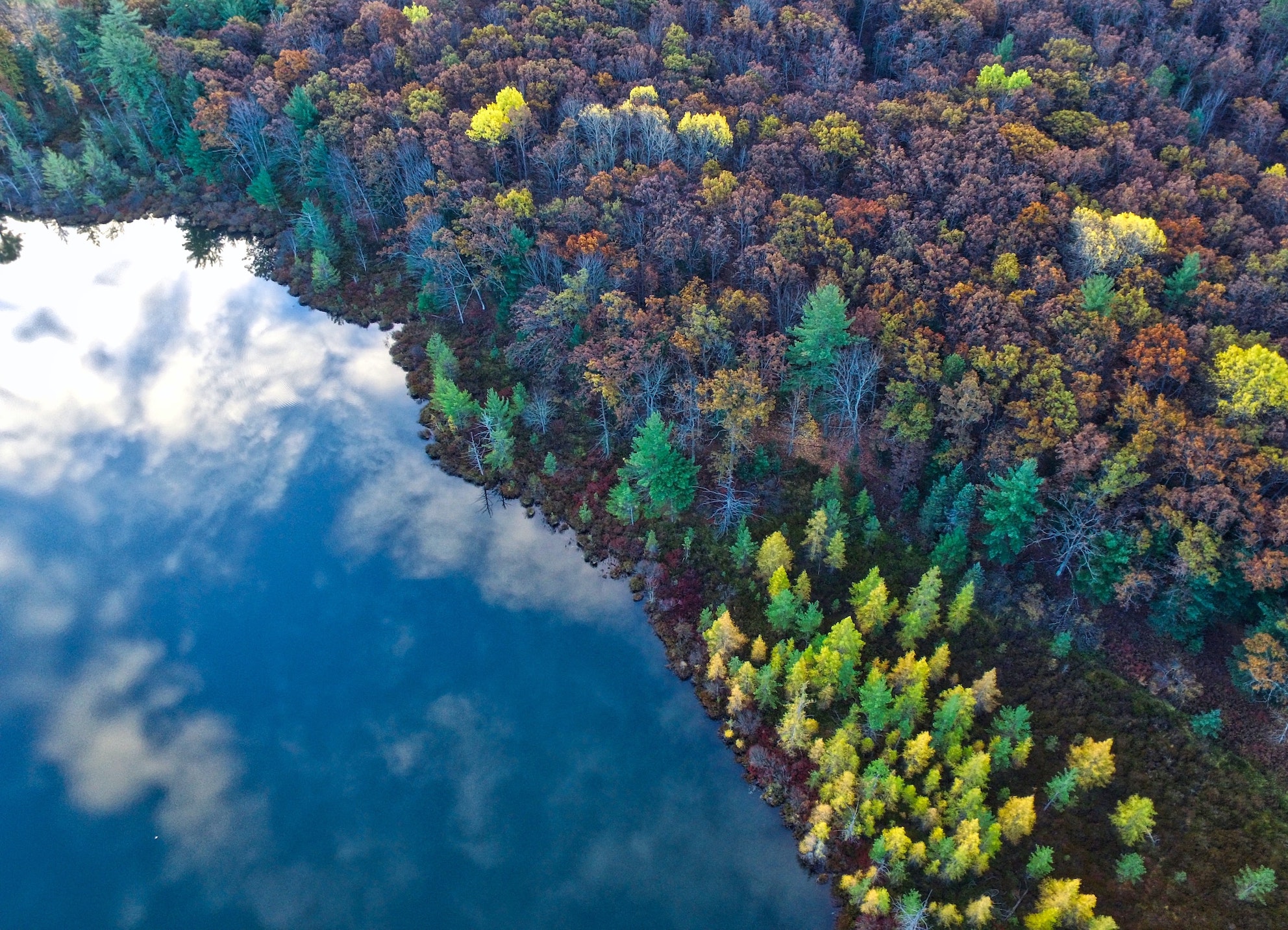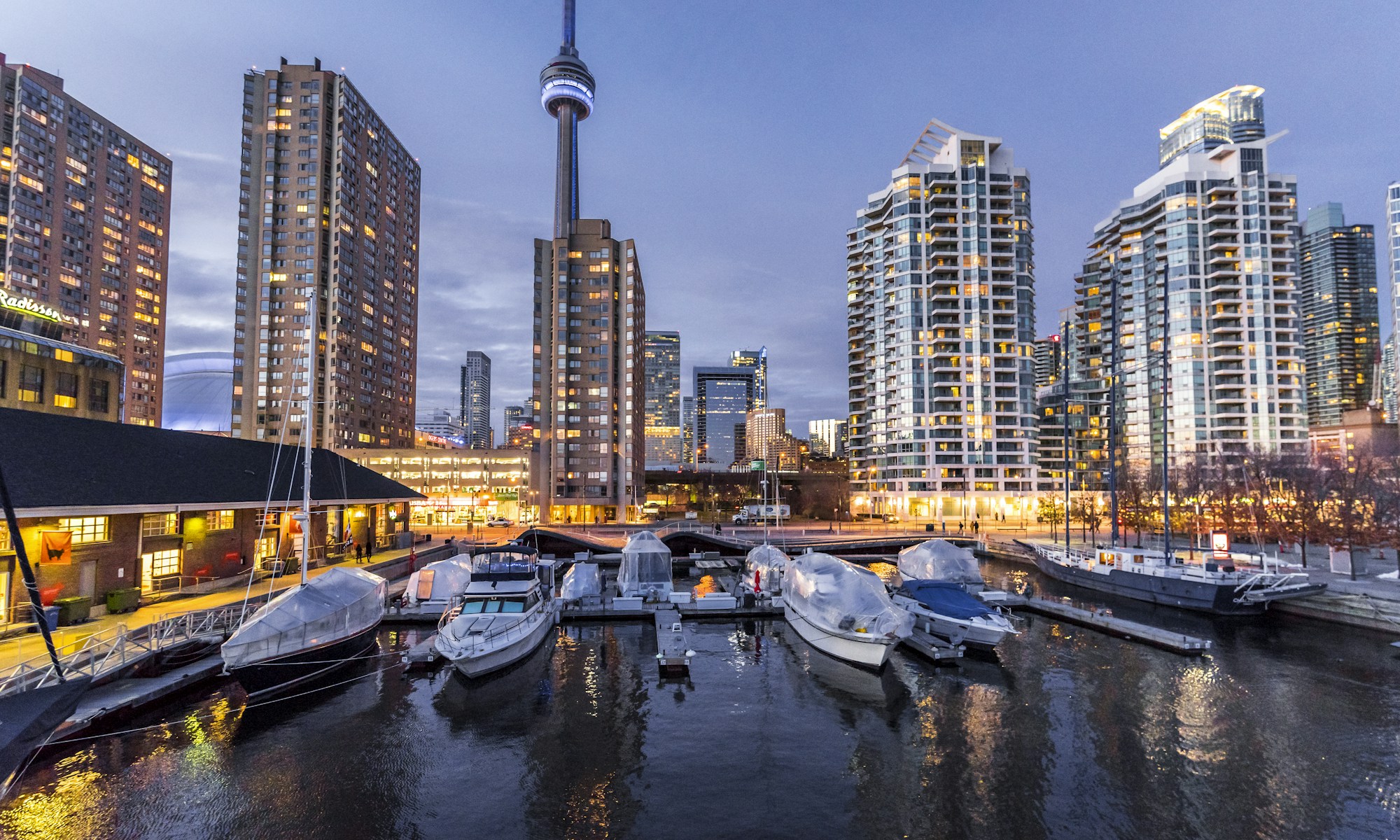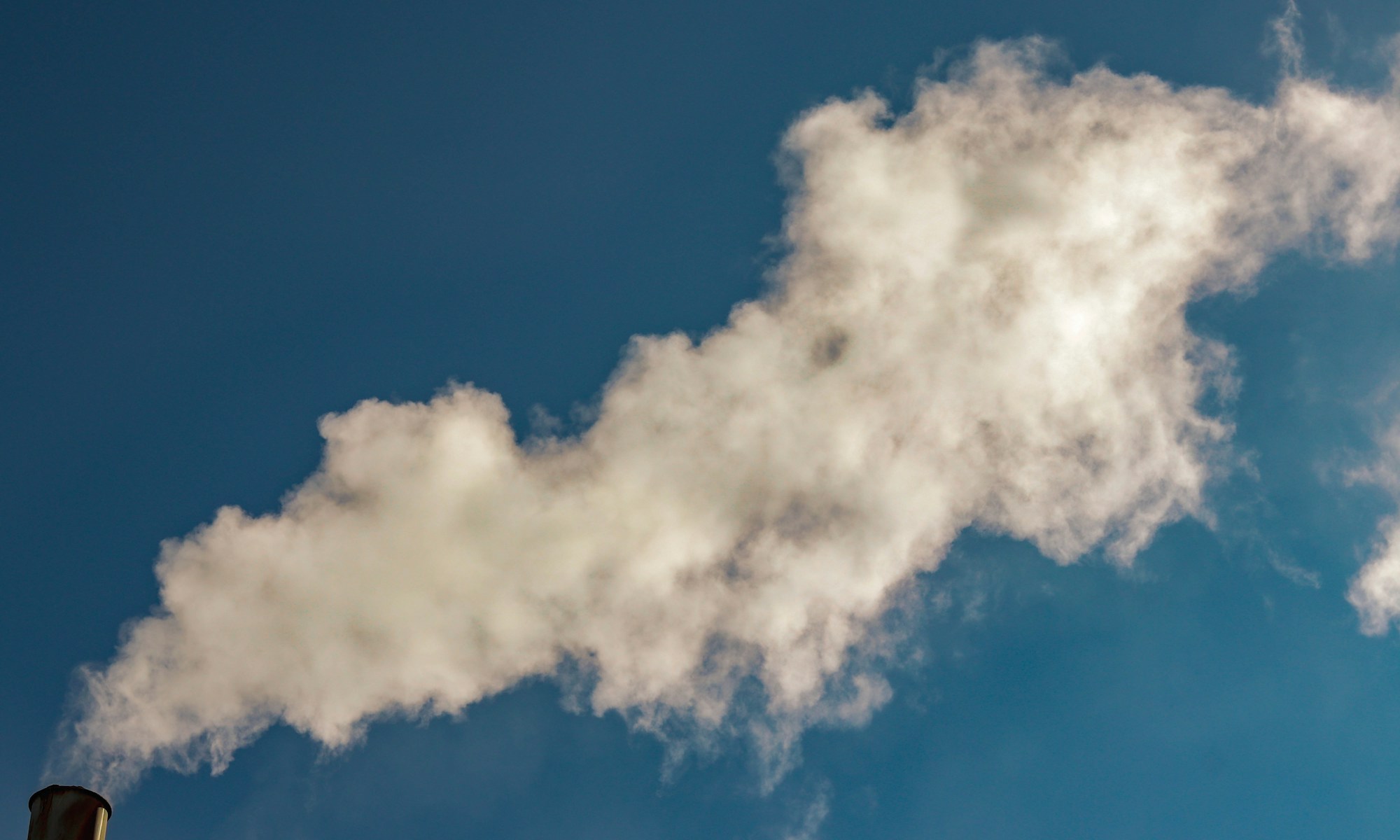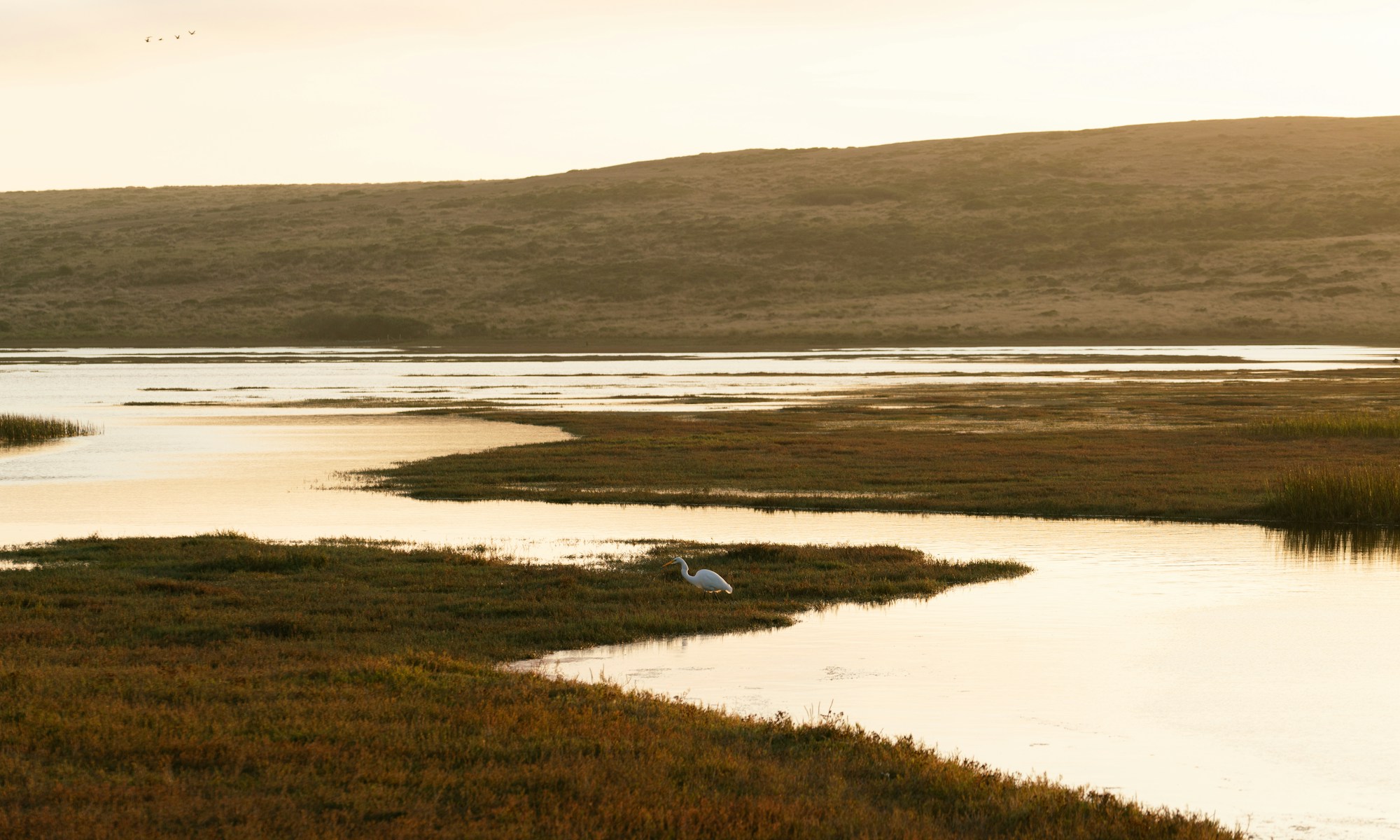10 October 2022 – by Cosmo Sanderson
The Canadian government is facing demands to grant permanent residence to 1.7 million migrants living in the country in the interests of climate justice, after it offered fast track applications for people fleeing the war in Ukraine.
The Migrant Rights Network (MRE), which says it is Canada’s largest migrant-led coalition, joined with other groups last month to demand that prime minister Justin Trudeau implement a “comprehensive regularization program.”
This programme would ensure permanent residence for 1.2 million migrant workers, students, refugees and families in Canada, says MRE, as well as 500,000 undocumented residents.
Thousands of migrants and their supporters marched in cities across Canada on the 18th of September in support of the demand.
Climate Action Network Canada (CAN-Rac), a body of more than 100 Canadian environmental groups, wrote to Trudeau and immigration minister Sean Fraser in August arguing that the “regularization” process is essential to climate justice.
Climate change exacerbates inequalities between rich countries, such as Canada, that are responsible for most of the world’s emissions and the “poorest, already marginalized and racialized groups – who bear climate impacts first and hardest,” said CAN-Rac.
It continued that the climate crisis causes displacement in a “myriad” of ways, including disasters, droughts and famines. “We urge you to seize this moment to address one of these profound injustices by extending permanent residence to all migrants, leaving no one behind.”
In May, Canada’s parliament passed a motion that the government should publicly release a plan to expand economic immigration pathways so workers at all skill levels can access permanent residency.
CAN-Rac said in its letter to Trudeau and Fraser that they therefore currently have a “strong mandate and a unique opportunity to correct a deep injustice in Canadian society.”












